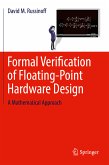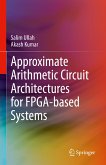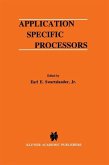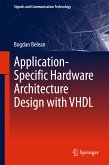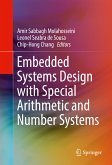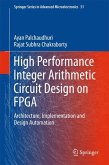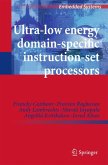- Presents a unique focus on application-specific computer arithmetic;
- Helps developers gain a deep understanding of the arithmetic in their projects, and tailor it to their application;
- Illustrates concepts and architectures by actual implementations, using the FloPoCo open-source hardware generator.
Dieser Download kann aus rechtlichen Gründen nur mit Rechnungsadresse in A, B, BG, CY, CZ, D, DK, EW, E, FIN, F, GR, HR, H, IRL, I, LT, L, LR, M, NL, PL, P, R, S, SLO, SK ausgeliefert werden.



